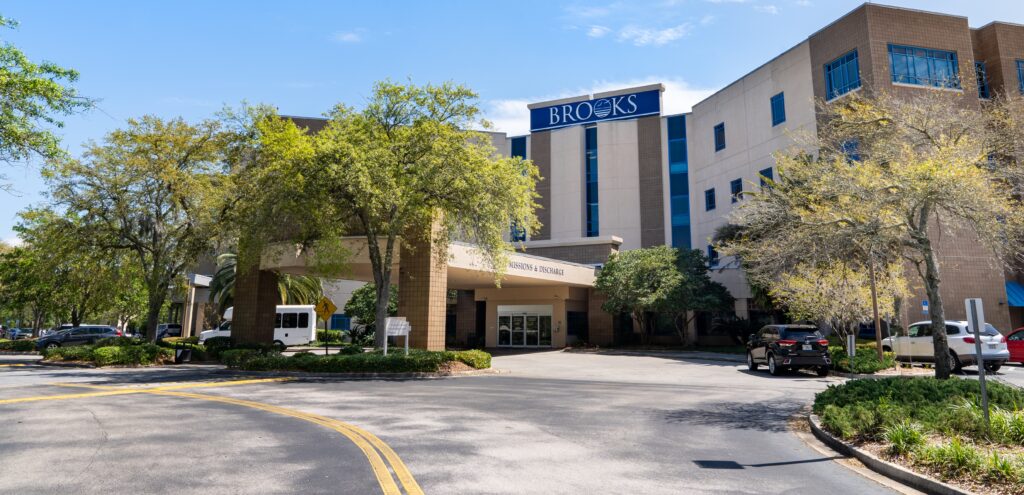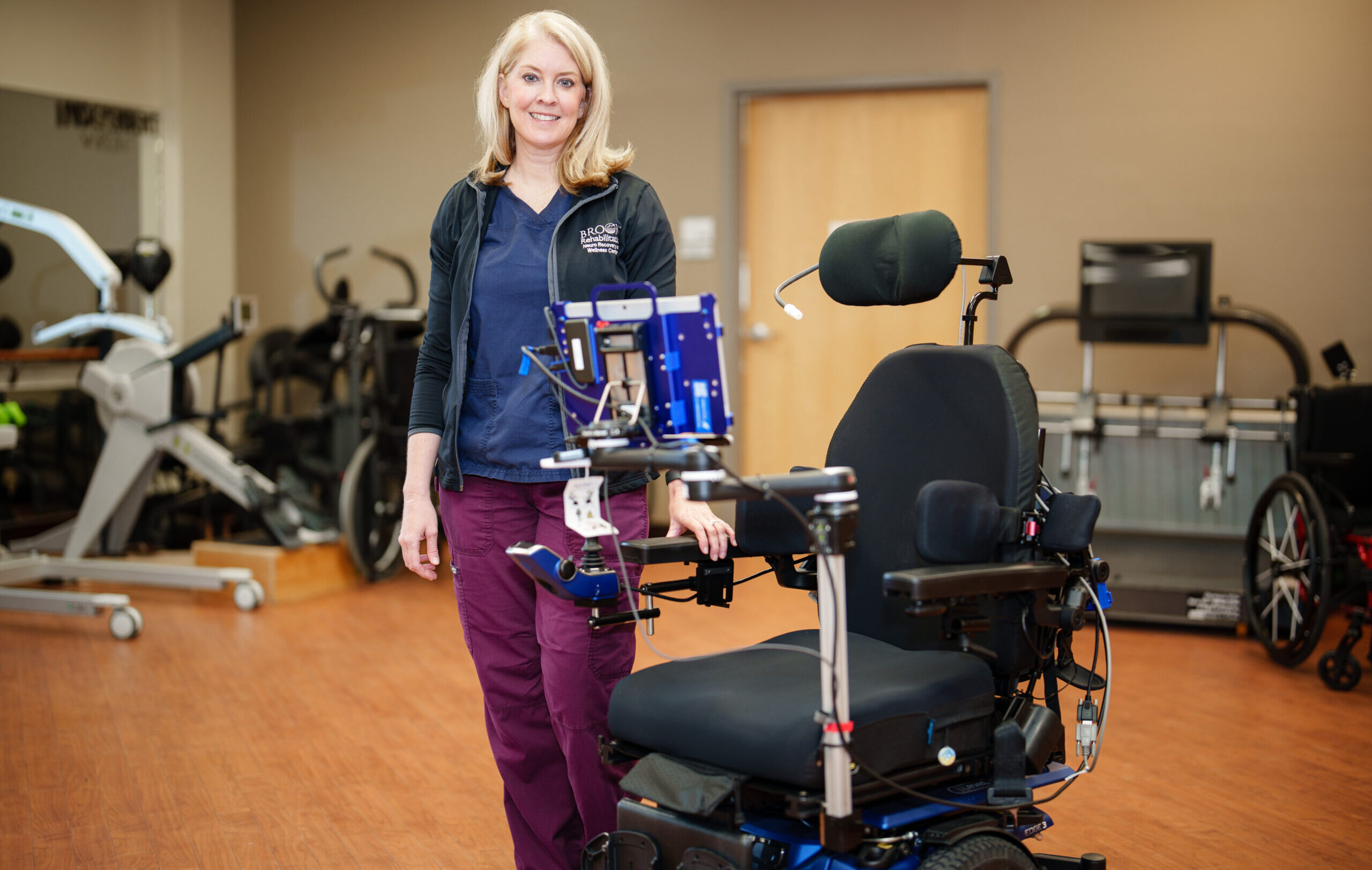Comprehensive wheelchair evaluation
As a new patient, when you visit the Wheelchair Clinic, a comprehensive evaluation will be performed, including functional status, postural evaluation and equipment assessment. We provide recommendations for equipment to optimize function, independence, skin integrity and postural alignment.
A qualified equipment supplier (DME provider) who is ATP certified and specializes in complex rehab technology will also be present during the evaluation to ensure optimal outcomes and continuity of care throughout the process. We also have multiple manual and power wheelchair models available from various manufacturers for trial.
Ongoing services provided
Specialty Control Devices
These are alternative driving controls, including various head control systems, sip and puff systems, chin controls, switches and customized joysticks
Pressure Mapping
We can help determine optimum pressure distribution for seat and back cushions through a computer-enhanced assessment tool.
Custom Seating
Custom molded seating systems for clients who need specialized seat and back cushions for fixed postural deformities.
Drive Training
We provide wheelchair training utilizing an obstacle course for functional and efficient mobility

Location
We are located within the Brooks Rehabilitation Hospital – University Campus by the Neuro Recovery Center.
3599 University Blvd. S.
Jacksonville, FL 32216
